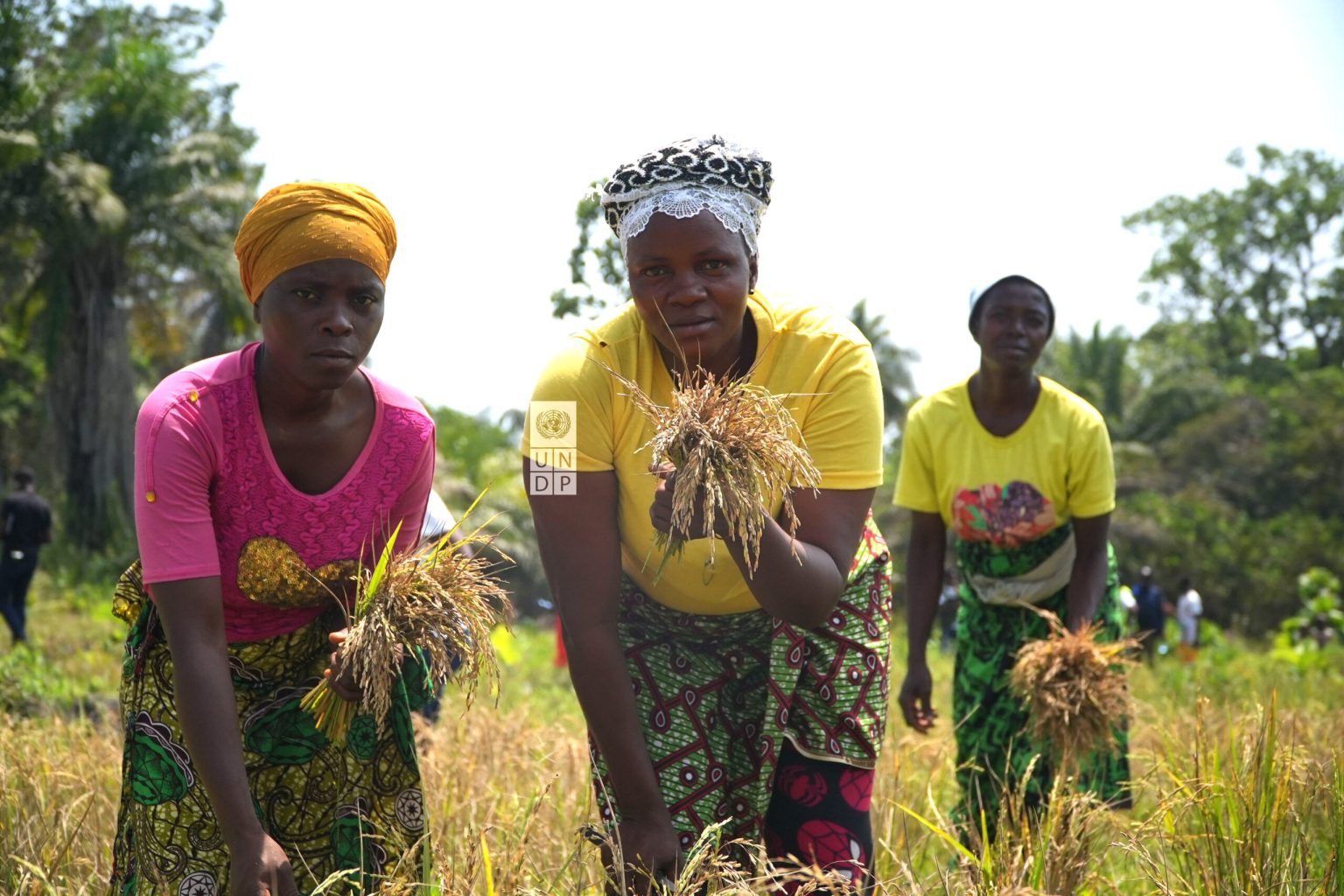Liberia, a nation blessed with abundant natural resources, has embarked on a journey towards sustainable development, recognizing the crucial role of environmental preservation. The nation’s roadmap for progress, the ARREST Agenda for Inclusive Development (2024-2029), prioritizes environmental sustainability, advocating for responsible natural resource management, biodiversity protection, and enhanced resilience against the impacts of climate change. This strategic focus acknowledges the intrinsic value of Liberia’s rich biodiversity and its potential contribution to long-term economic prosperity and societal well-being. Liberia’s remarkable biodiversity comprises a vast array of flora and fauna, including over 2,900 vascular plant species, approximately 225 timber species, and around 100 species unique to the country. Its diverse fauna includes around 150 mammal species, over 600 bird species, approximately 75 reptile species, and over 1,000 documented insect species. The International Union for Conservation of Nature (IUCN) Red List identifies 2,438 animal species, with 29 endemic to Liberia, further highlighting the country’s significant role in global biodiversity. Protecting this natural heritage is a critical undertaking, demanding substantial financial investment and concerted efforts from all stakeholders.
Acknowledging the global imperative to conserve biodiversity, Liberia has embraced the 30×30 initiative, a commitment to safeguarding 30% of the world’s terrestrial and marine areas by the year 2030. This ambitious target, aligned with the Convention on Biological Diversity (CBD), reflects Liberia’s dedication to contributing to global conservation efforts and addressing the interconnected challenges of climate change and biodiversity loss. Recognizing the intrinsic and extrinsic value of its biological resources, Liberia has developed the National Biodiversity Strategy and Action Plan (NBSAP) for 2017-2025, a national blueprint for managing its biodiversity. The NBSAP emphasizes the importance of conducting a comprehensive cost-benefit analysis based on long-term gains for the country, highlighting the potential economic benefits of sustainable biodiversity management. Leveraging Liberia’s forests and biodiversity can unlock significant development financing opportunities, contributing to the nation’s sustainable development aspirations.
Effective biodiversity conservation necessitates strong partnerships and collaborative endeavors. Key stakeholders, including the Ministry of Finance and Development Planning, the Forestry Development Authority, the Liberia Land Authority, the Environmental Protection Agency, research and academic institutions, civil society organizations, local communities, and international partners, must work in unison to achieve conservation goals. These “duty bearers” are responsible for establishing dedicated budget lines for biodiversity projects, engaging with development partners to bridge the biodiversity financing gap, and fostering a collaborative approach to resource management. The United Nations Development Programme (UNDP) has been a steadfast partner in supporting Liberia’s efforts in forest and biodiversity conservation. The launch of the Biofin project in May 2025 marks a significant step towards mobilizing biodiversity financing and strengthening national capacity for conservation.
UNDP’s involvement in Liberia extends to crucial initiatives such as the Community-Based Forest Management (CBFM) and the Leh Go Green projects, funded by the Embassy of Sweden and the European Union Delegation, respectively. These projects underscore the importance of community engagement and empowerment in achieving sustainable forest management and biodiversity conservation. Creating economic incentives and providing alternative livelihood opportunities for forest-dependent communities is vital for their active participation and long-term commitment to conservation. Projects in communities like Fornor, Lukasu, Tiehnpo, and Barwu exemplify the potential for transforming local communities into stewards of their natural environment by enhancing livelihoods and fostering a sense of ownership.
Embracing the UNDP’s “Leave No One Behind” (LNOB) principle, integrating gender-responsive approaches into biodiversity conservation and finance solutions is essential. Empowering women, persons with disabilities, and other vulnerable populations through targeted initiatives can significantly contribute to conservation efforts. Ensuring equitable access to resources and opportunities for these groups fosters inclusive and sustainable development, reflecting the interconnectedness of social equity and environmental preservation. Preserving Liberia’s biodiversity is not merely a national concern; it holds global significance. A call to action has been issued to development partners to support biodiversity financing in Liberia, recognizing the benefits that extend beyond national borders.
Addressing Liberia’s biodiversity financing needs requires strengthening policies and governance frameworks. Civil society organizations play a vital role in advocating for dedicated biodiversity financing budgets, while the Environmental Protection Agency bears the responsibility of developing and implementing effective environmental policies and programs. Establishing a Conservation Trust Fund and collaborating with initiatives like the UN’s REDD+ program can help offset the impacts of activities like mining and bridge the significant biodiversity funding gap, estimated at $460 million. Observing the International Day of Biodiversity under the theme “Harmony with nature and sustainable development” underscores the critical link between biodiversity preservation and Liberia’s overall health and survival. By leveraging its natural resources wisely, fostering strong partnerships, and mobilizing the necessary financing, Liberia can achieve its long-term development goals and secure a thriving future for its unique biodiversity. Collaborative efforts and robust support for the Biofin project are crucial for ensuring a sustainable and prosperous future for all in Liberia.














